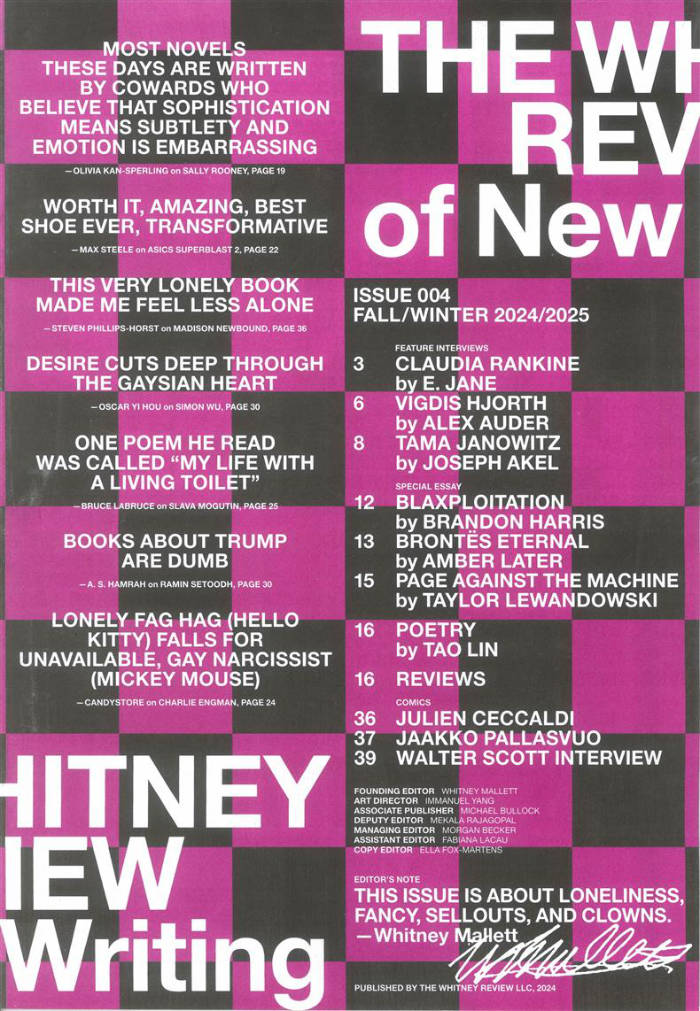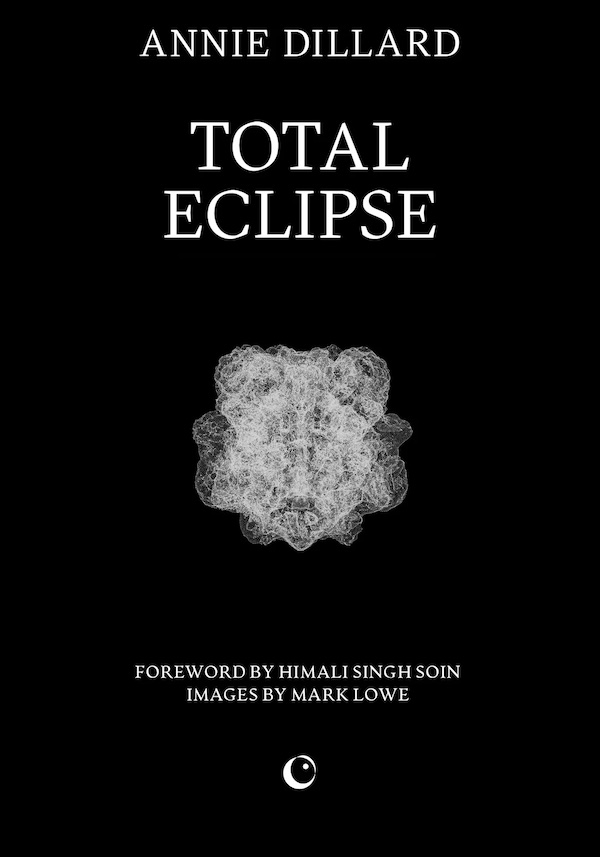
Clarifications
Hourja Bouteldja, Alain Brossat
Alain Brossat est ex-militant de la LCR ancré dans une lecture anti-impérialiste de la politique. Houria Bouteldja est la cofondatrice du QG Décolonial et une figure de l'antiracisme politique. Dans cet entretien exigeant, les deux penseur·ses et militant·es clarifient leurs divergences et leurs convergences autour de la religion, du racisme, de l'État, du fascisme et de l'impérialisme. Alors que ces questions clivent celles et ceux qui luttent pour l'émancipation, rendant parfois les discussions impossibles, les deux auteur·ices reviennent sur leurs parcours politiques et philosophiques, sans pour autant feindre le consensus de leurs héritages politiques. Entretien coordonné par Marianne VL Koplewicz.




